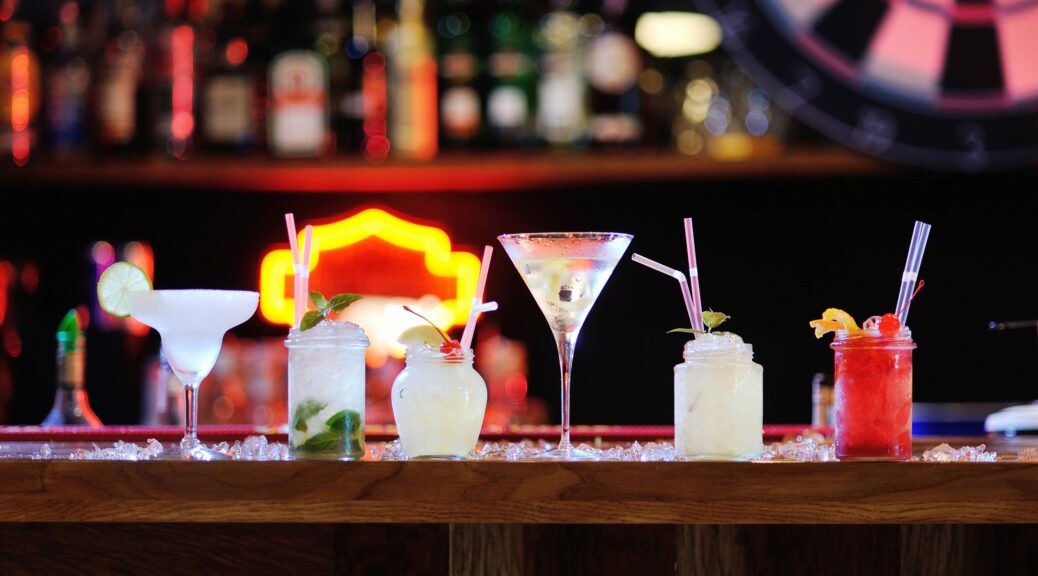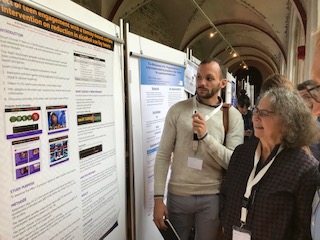Responsible Beverage Service Training for Spanish-Speaking Alcohol Servers
Responsible Beverage Service (RBS) training has shown promise to reduce alcohol-related injury and mortality. The diffusion of RBS training is limited. Only 25 U.S. states require RBS training, while other states incentivize or have no RBS regulations. One diffusion limitation is that RBS training in the United Stated is typically offered in English from a mainstream culture point of view.
Klein Buendel Senior Scientist, Dr. W. Gill Woodall, presented data on the systematic testing of a new Spanish language version of an evidence-based online RBS training program at the 47th Annual Meeting of the Kettil Bruun Society for Social and Epidemiological Research on Alcohol, May 30 to June 3, 2022 in Warsaw, Poland. WayToServe Español (WTS-E) is specifically tailored to Hispanic cultural beliefs, tastes, and experiences.
Spanish-speaking alcohol servers in Texas and New Mexico were involved in WTS-E development and evaluation. Focus groups and usability interviews were employed in systematic development. A randomized efficacy trial employed Spanish-speaking intoxicated pseudo-patron assessments of premises at baseline, 3 months, and 1 year post-training, with premises randomized to WTS-E or the usual RBS training.
A randomized trial was conducted with 80 alcohol premises (40 onsite liquor by the drink premises, and 40 offsite package sales premises), with pseudo-intoxicated patron assessments at baseline, immediate post-intervention, and one-year follow-up. At baseline, the alcohol sales refusal was 21.6%, with a significant difference between states. The presentation examined the impact of a linguistically- and culturally-tailored online RBS training in Spanish-trading alcohol premises in two states with different alcohol RBS regulations. Implications for alcohol policy research were discussed.
The WTS-E research was funded by a grant from the National Institute on Minority Health and Health Disparities at the National Institutes of Health (MD010405; Dr. W. Gill Woodall, Principal Investigator). Collaborating co-authors on the presentation included Dr. Robert Saltz from the Pacific Institute for Research and Evaluation; Dr. Frank Perez and Dr. Areli Chacon Silva from the University of Texas at El Paso; Dr. Victoria Sanchez and Dr. Randall Starling from the University of New Mexico; and Dr. David Buller, Jeannyfer Camacho Reither, Lila Martinez, and Marita Brooks from Klein Buendel.




